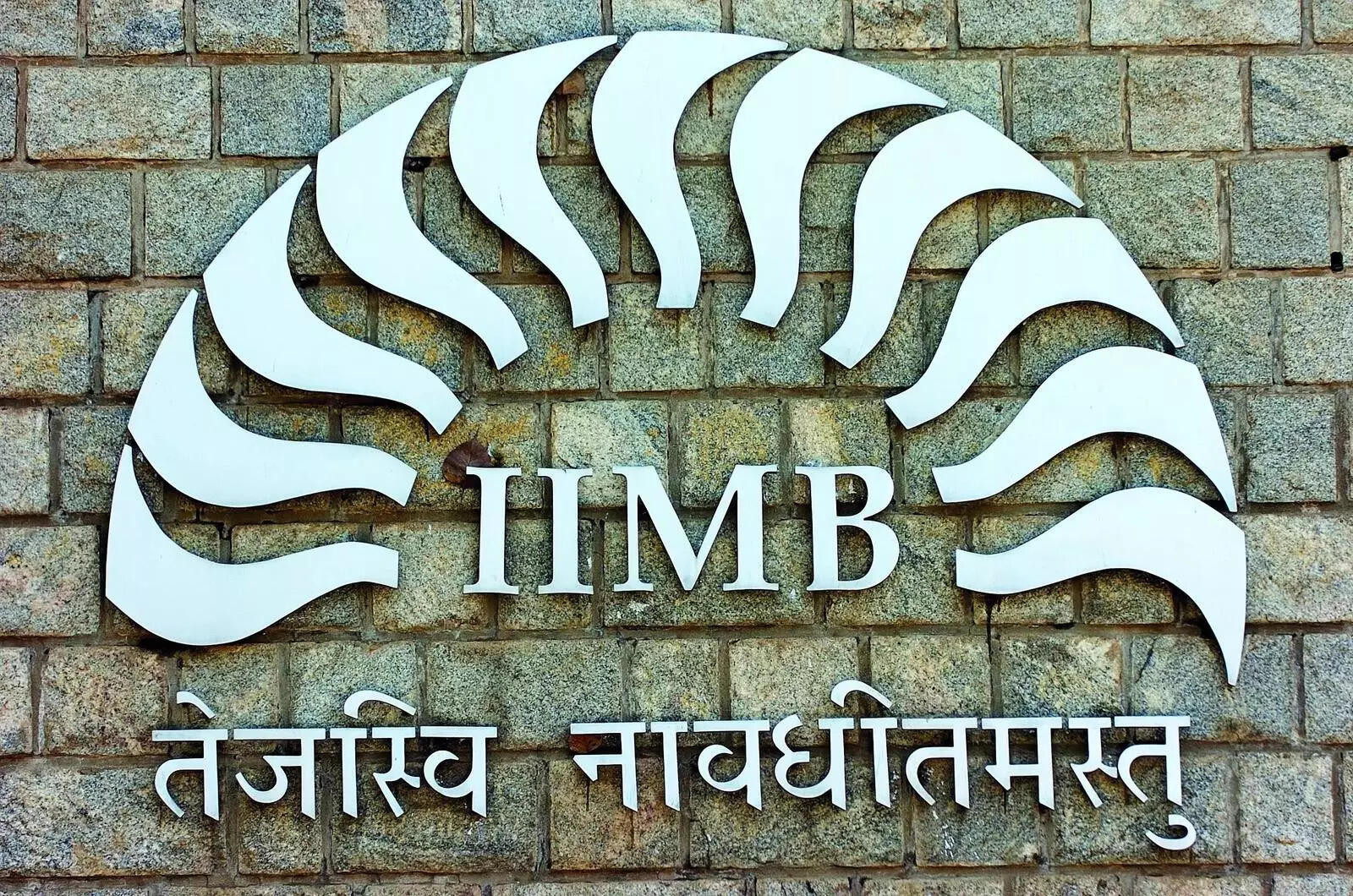Indian B-Schools Climb the Global Ladder: A Reason to Celebrate, But Not to Rest
The recently released Quacquarelli Symonds (QS) rankings for global business schools have painted a promising picture for India. Several Indian institutions have not only held their ground but have also made significant strides in their global standing, signaling a positive trend for management education in the country. But is this upward trajectory a sign of complete victory, or merely a glimpse of the potential yet to be unlocked?
It’s tempting to pop the champagne. Institutions like the Indian Institutes of Management (IIMs) and other prominent business schools have consistently demonstrated their commitment to quality education and research. Their improved rankings reflect this dedication. These institutions are attracting top faculty, fostering cutting-edge research, and producing graduates who are increasingly sought after by global companies. But before we get carried away with the celebrations, it’s essential to acknowledge the challenges that still lie ahead.
Decoding the QS Rankings: More Than Just a Number
The QS rankings, while influential, are just one metric for evaluating the overall health and competitiveness of a B-school. The methodology considers factors such as academic reputation, employer reputation, research output, and internationalization. A high ranking can boost a school’s prestige, attract better students and faculty, and open doors to international collaborations. However, it’s crucial to remember that these rankings offer a snapshot in time and don’t always capture the full complexity of a business school’s strengths and weaknesses.
Moreover, focusing solely on rankings can lead to a narrow definition of success. Are we educating future leaders who are equipped to tackle complex global challenges with ethics and innovation? Are we fostering a culture of entrepreneurship and creating impactful research that contributes to societal progress? These are questions that go beyond the confines of a ranking system.
The Road Ahead: Addressing the Persistent Challenges
While the QS rankings provide encouraging news, several underlying issues continue to plague Indian B-schools. A major concern is the faculty shortage. Attracting and retaining high-quality faculty remains a significant hurdle, especially in the face of competition from global institutions that offer more attractive compensation packages and research opportunities. Bridging the gap between academia and industry is another area that requires focused attention. While some B-schools have successfully integrated industry experts into their curriculum, more needs to be done to ensure that management education is relevant and responsive to the evolving needs of the business world.

Furthermore, while the top-tier B-schools are thriving, the vast majority of institutions struggle with issues of infrastructure, funding, and quality control. Ensuring equitable access to quality management education is crucial for fostering inclusive growth and unlocking the full potential of India’s talent pool. The rankings also highlight the need for greater internationalization. Encouraging student and faculty exchange programs, attracting international students, and collaborating with global institutions can broaden perspectives and enhance the overall learning experience. Indian business education must continue to adapt to global trends.
Leveling Up: Key Strategies for Sustainable Growth
So, how can Indian B-schools sustain their upward momentum and overcome the existing challenges? Investing in faculty development is paramount. This includes providing opportunities for research, training, and international exposure. Strengthening industry partnerships is equally important. B-schools should actively engage with businesses to understand their needs and develop curricula that are aligned with industry demands. Promoting research that is relevant and impactful is crucial for enhancing the global standing of Indian B-schools. This requires creating a supportive research environment, providing adequate funding, and encouraging collaboration between researchers and practitioners. Furthermore, fostering a culture of innovation and entrepreneurship can equip students with the skills and mindset they need to succeed in a rapidly changing world.
A Call to Action for Business Education
The improved QS rankings offer a reason for optimism, but they also serve as a reminder that the journey towards excellence is ongoing. Indian B-schools have the potential to become global leaders in management education. But realizing this potential requires a concerted effort from all stakeholders – government, academia, industry, and students. By addressing the existing challenges, investing in quality, and fostering a culture of innovation, Indian B-schools can truly shine on the global stage. This links back to our previous piece on the importance of ethics in business leadership. The future of Indian business schools hinges on more than just rankings; it depends on developing ethical and capable leaders.







